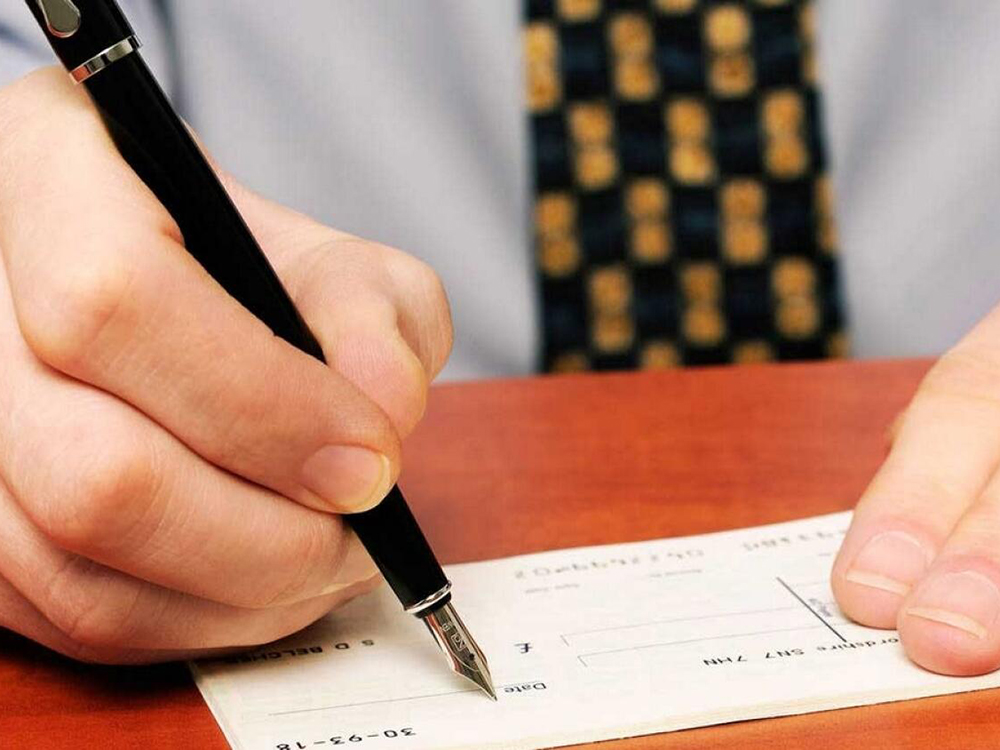
Legal implications of cheque bounce in Indore
Legal Implications of Cheque Bounce in Indore
- Applicable Laws: The legal implications of cheque bounce in Indore are primarily governed by the Negotiable Instruments Act, 1881, which defines the rights and liabilities associated with cheques.
- Criminal Offense: Issuing a bounced cheque is a criminal offense in Indore under Section 138 of the Negotiable Instruments Act. It can lead to imprisonment for a term of up to two years and/or a fine of twice the cheque amount.
- Notice: The payee must issue a legal notice within 30 days of receiving the memo from the bank informing about the cheque bounce. The notice must demand payment within 15 days from the date of receipt.
- Filing a Complaint: If the drawer fails to make the payment within 15 days of receiving the legal notice, the payee can file a criminal complaint before the Judicial Magistrate First Class (JMFC) within 30 days from the expiry of the notice period.
- Jurisdiction: The complaint should be filed in the JMFC within whose territorial jurisdiction the bank branch where the payee holds the account is situated.
- Evidence: The payee must provide evidence of the cheque, memo received from the bank, legal notice, and proof of delivery of the notice to strengthen the case against the drawer.
- Burden of Proof: In a cheque bounce case, the burden of proving the dishonor of the cheque and the liability of the drawer lies with the payee.
- Compensation: If the drawer is convicted, the court may direct the drawer to pay compensation to the payee, which can be twice the amount of the cheque.
- Defenses Available: The drawer can defend against the accusation by proving that the cheque was issued as a gift, the payee has no legally enforceable debt, or that the cheque was issued as security and not for discharging an existing liability.
- Alternate Dispute Resolution: The parties may explore settlement through mediation or conciliation to resolve the dispute amicably, subject to the agreement of both parties.
- Appeals: Both the complainant and the accused have the right to appeal against the order of the JMFC within 30 days of the pronouncement of the judgment.
- Non-Appearance: If the drawer fails to appear before the court during the trial, the court may proceed with the case ex-parte.
- Civil Remedy: Apart from criminal proceedings, the payee also has the option to file a civil suit for recovery of the cheque amount along with interest and legal expenses.
- Bank’s Role: Banks are required to maintain records of cheque bounce incidents and provide necessary information to the court during legal proceedings.
- Limitation Period: A complaint under Section 138 must be filed within one month from the date of the expiry of the notice period, beyond which the court may not entertain the complaint.
- Presumption of Liability: In cheque bounce cases, there is a legal presumption that the cheque was issued for the discharge of a debt or liability unless proven otherwise.
- Cross-Examination: Both the complainant and the accused have the right to cross-examine the witnesses presented by the other party.
- Multiple Complaints: If there are multiple cheque bounce incidents, separate complaints should be filed for each dishonored cheque.
- Legal Representation: It is advisable for both parties to seek legal representation to understand their rights, obligations, and to navigate the legal proceedings effectively.
- Legal Advice: It is crucial to consult with a legal professional who specializes in cheque bounce cases in Indore to obtain accurate advice and guidance based on the specific circumstances of your case.
Please note that this information is a general overview, and it’s important to consult with a lawyer to understand the specific details and legal procedures in Indore.
